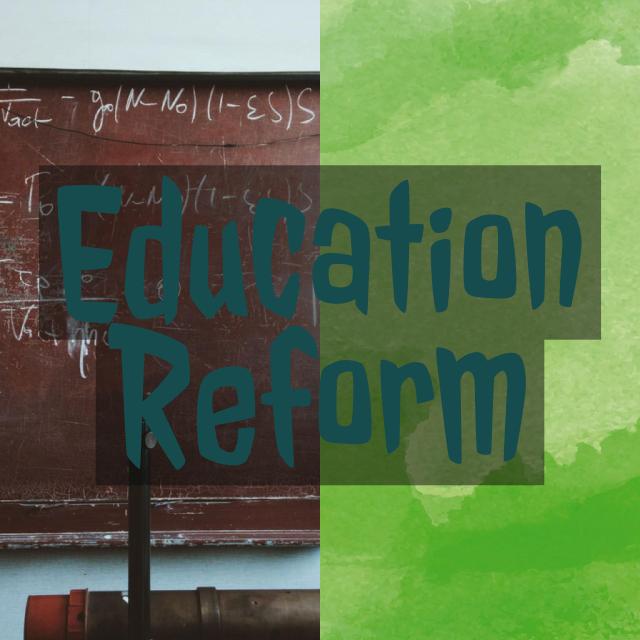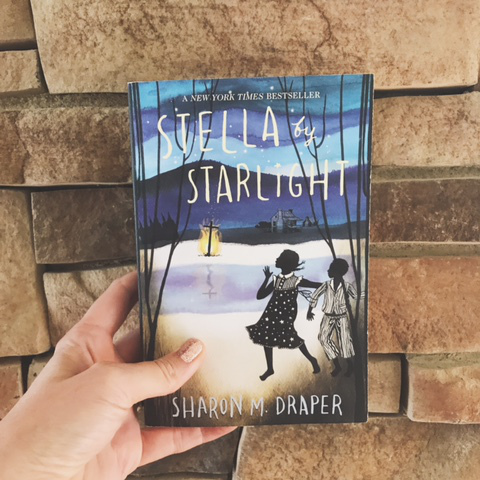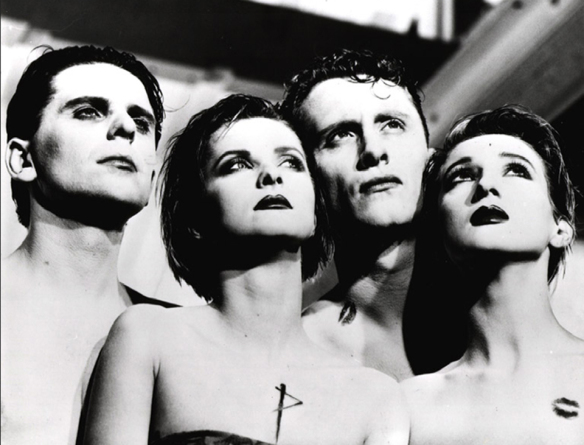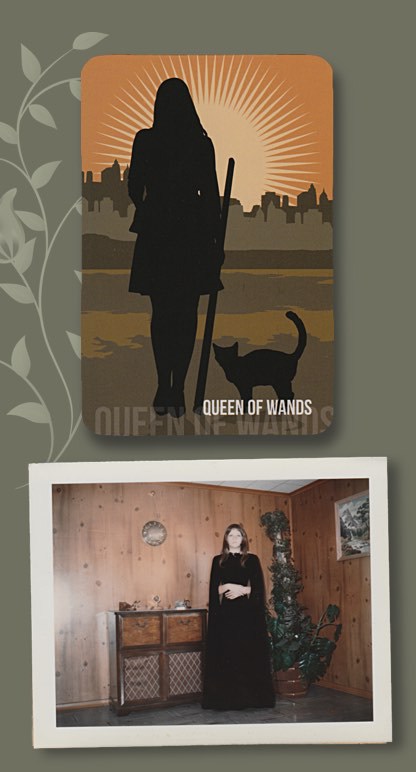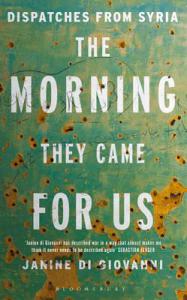 If I wasn’t already aware of it, Janine Di Giovanni would make me realise how little I’ve managed to fit into my life.
If I wasn’t already aware of it, Janine Di Giovanni would make me realise how little I’ve managed to fit into my life.
A journalist reporting in depth on more than two decades of wars and conflict in Europe, Africa and the Middle East, Di Giovanni has also written several books, contributed political analysis on TV shows in Europe and the USA – and more.
Not only living an active and productive life, the importance of the work she’s done contrasts significantly with the weightless trivia at the heart of so many comfortable lives (such as my own).
In The Morning They Came for Us, she gives a brutal, confronting and uncompromising look at the Syrian conflict where torture, rape and murder are no less weapons of war than bombs and guns.
Accounts are given of the ongoing cost to women suffering sexual abuse.
“…for a Muslim woman, who is meant to be a virgin upon marriage, it is the end of life, or the life she was meant to live. If she was single before, she will probably never marry. She will not have children, a family. In other cultures, this might be fine; but in the Middle East, where large families are a given, it means isolation form the rest of society”.
Many victims resorted to suicide to escape their perceived shame.
Di Giovanni also reports the experience of a man consistently tortured in the worst possible ways while being held prisoner by Government authorities. What he describes stretches the willingness to believe – that such things can be done by one human being to another: surgical procedures conducted without anaesthetic, not to relieve suffering, but to cause it, both physically and mentally.
But in the war zone day to day the struggle to stay alive involves much more than avoiding the constant presence of snipers and the threat of barrel bombs dropped from government helicopters. She describes a mother preparing to take her young daughter to buy bread in Aleppo in December 2012:
“She stuffed her miniature hands into socks instead of gloves to keep them warm. She was taking her to queue outside the bakery… There was no one to leave the girl with, she said unapologetically, so she was bringing her to stand in line with her. They might be waiting all day she told us.
‘If we get there early we might be lucky’, she whispered to the little girl.
If she were lucky, she would not be living in Aleppo. If she were lucky, she would not have to cook on a wooden stove. If she were lucky, her children could play outside, or not be afraid of the balcony, where people shot at you when you stuck your head out. If she were lucky, her husband would not have been jobless for the past four months. If she were lucky, there would be no war.”
This is the background to the millions of refugees who try to escape to safety, the refugees who many in the west are intent to demonise.
Advertisements Share this:

